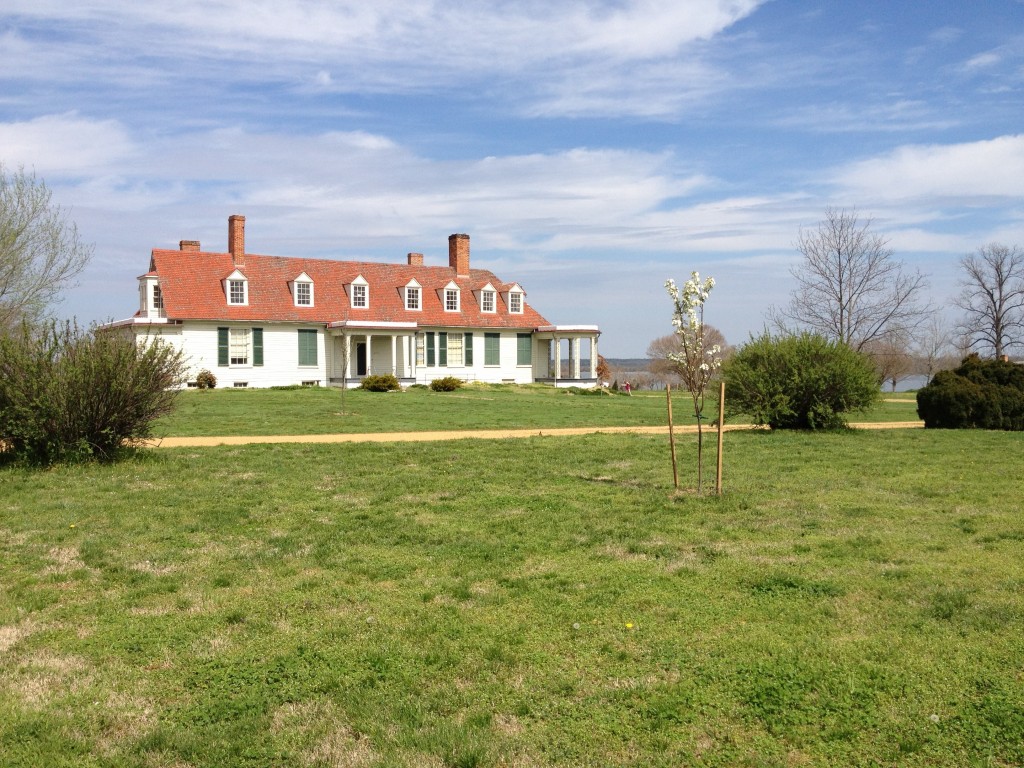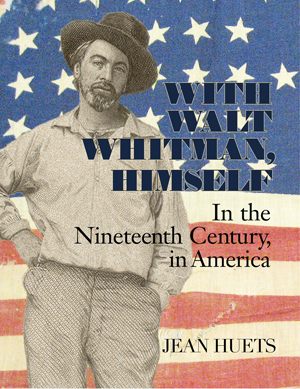
As the NPS ranger described Dr. Richard Eppes, plantation owner at City Point, Virginia — that he inhabited the very upper echelons of wealth, that his 2300-acre properties and household were worked by 130 slaves, nearly all of whom left at the prospect of freedom — a more close-up slice of Dr. Eppes’ life played in my mind.
A couple of years ago, I needed a record of central Virginia weather in the summer of 1869. At the Virginia Historical Society, I found near daily notations on the weather in the diary of Dr. Eppes, who was 45 that year.
The diary covers mostly the business of Appomattox Manor, as it was called: the weather, loans given or received, payments to employees, crops put in or harvested. Occasionally, though, the soul and emotions of the man break through, as if forced out by the many pressures on him during and since the War.
Dr. Eppes and his family left City Point in 1862 because of the War; Grant most famously occupied the property in 1864. After the War, Eppes barely, and at great cost, kept his plantation from confiscation. He and his family finally returned in 1866. By then their former life, including labor relations, was utterly transformed. He frequently mentions being unwell. Even nature itself opposed him; the August 31, 1869, Richmond Dispatch jubilantly reported rains “after a long and parching drought” but they didn’t last, and they came too late, anyway, to save Dr. Eppes’ crops.
The following diary entries (written with little punctuation) show Eppes as he saw himself: a gentleman, a lord of the manor — and a man struggling to find his place in a world over which he is no longer the unquestioned master.
In the payment off of the different gangs of day labourers this evening being quite unwell my wife agreed to do so for me being new at the business she mixes up things so that I got mad lost my temper & behaved most shamefully cursing in her presence ordering her away we have lived over 14 years together & I never recollect behaving so cruelly to her before & pray God it may never occur again …
David Hunt one of my tenants called this evening to ask my advice about a fight he had with another man who threatened to have him arrested told him he did wrong to strike him first & was liable to be arrested for assault & battery & made to give security for keeping the peace or be sent to jail perhaps making himself scarce about the Point for a few days as the offense was [can’t read] might be his best plan …
John Bird… formerly a slave of mine he appeared to me…to give him work which I did…then asked for his discharge whilst we were threshing wheat giving as an excuse that he could not give satisfaction to Mr Marks the overseer Mr Marks gave him his discharge & I paid him off, he wished to work at Appomattox but I declined employing him as I have found it a bad rule to employ former slaves of your own, being more unmanageable and disposed to take more liberties than strangers.…
I shall commence visiting the farms tomorrow which I have much neglected in the last six weeks the weather being intensely hot & I being far from well and extremely low spirited by my bad success in farming since the end of the war not having made one good crop of any kind since the war ended. [sic]
WITH WALT WHITMAN, HIMSELF: IN THE NINETEENTH CENTURY, IN AMERICA | by Jean Huets
“A true Whitmanian feast—for the intellect as well as for the eyes.” — Ed Folsom, editor Walt Whitman Quarterly
signed copies, free shipping order from Circling Rivers
OR BUY via BookShop.org | Amazon US | Amazon CA | B&N |
“A beautiful book of windows onto the life of Walt Whitman…. From the clear ringing prose to the fascinating photographs and colored illustrations of the great poet’s life we find the man anew—standing in his time and looking straight at us. [Huets] has made a book of marvels and I can’t put it down.” — Steve Scafidi, Poet Laureate, Virginia
Explore the fascinating roots of Whitman’s great work, Leaves of Grass: a family harrowed by alcoholism and mental illness; the bloody Civil War; burgeoning, brawling Manhattan and Brooklyn; literary allies and rivals; and his beloved America, racked by disunion even while racing westward. Over 300 color period images immerse the reader in the life and times of Walt Whitman.
NPS on Dr. Richard Eppes / Virginia Historical Society / University of Maryland / NPS “Voices from…Grant’s headquarters at City Point” – by people of the time

Dr. Richard Eppes is an ancestor of mine and I would love to read more on the family life and journals. How would I go about this?
Thanks for your interest (and sorry for delay in responding). Virginia Museum of History and Culture (renamed from Virginia Historical Society) is where I read your ancestor’s journal, which they have in the original form. The librarians at the museum are super helpful and calling them would be a great start. Also, of course, if you can, visit the National Park City Point unit, cited in my post.